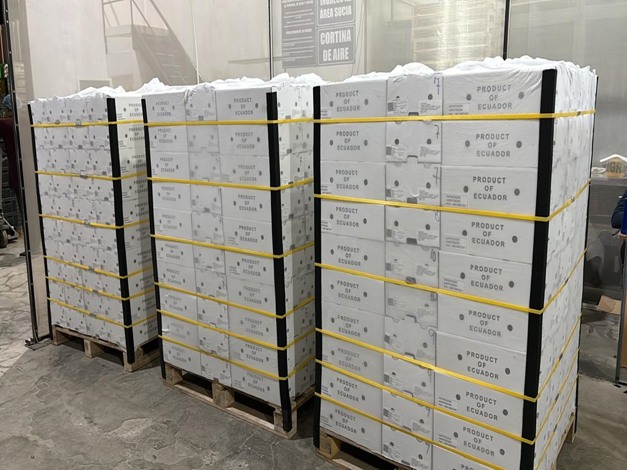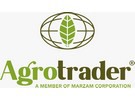Pitahaya, a fruit rich in vitamins and minerals, has ceased to be exotic and has become a product in high demand. However, it faces growing competition, especially from Asia. "Vietnam was one of the first to market it, but pitahaya originated in America," stated Mariano Zambrano, CEO of Agrotrader Manabí S.A. One of the main challenges is overproduction: "Ecuador produces 300% more pitahaya than it should to market this product efficiently," he said.
Zambrano said that the main market for pitahaya is the United States, where 90% of the company's production is sent. The remaining 10% is sent to Europe. Agrotrader Manabí managed to export around 1,000 tons of pitahaya this year despite weather difficulties, such as the strong winter that affected production this year. "We had to help our plants recover after two months of heavy rains, but we are still growing," the CEO stated.
One of Agrotrader Manabí's main challenges lies in logistics. Pitahaya is highly perishable and requires agile transport. "Air transport has doubled because Ecuador's rose and banana export season limits the space available for other products," Zambrano stated. In addition, he said, shipments have been delayed by the recent strikes at US ports.

In terms of sustainability, Agrotrader Manabí has adopted responsible practices. The company has a 340-hectare farm, 200 of which are dedicated to the reforestation of endangered native species. "We care about the environment and seek to minimize the use of chemicals in our crops," Zambrano stressed. The company has GlobalGAP certification, which guarantees it carries out sustainable and quality agricultural practices, he added.
The company has begun to export directly to the United States, breaking with the tradition of selling through intermediaries. "We are strengthening contacts at international fairs such as those in Madrid and Hong Kong to expand our markets," says Zambrano. However, the CEO believes that the growth of pitahaya production in Ecuador has reached its limit and suggests exploring other agricultural opportunities to maintain competitiveness.
He also stressed that they shouldn't focus exclusively on selling raw products and that they should add value to their production through derivatives such as oils and perfumes; a strategy they have begun to implement with cocoa and are exploring with other fruits such as lemons. "We make more revenue exporting a lower volume," Mariano stated, noting that this approach not only improves competitiveness in international markets but also generates more jobs for the local population. "We must compete with more than raw products, as it also provides jobs for more people," he concluded.
For more information:
Mariano Zambrano, CEO
Agrotrader Manabí S.A.
Tel.: +593 99 996 6420
Tel.: +593 98 392 4627
Email: marianoz@corporaciónmarzam.com
Email: [email protected]
www.corporacionmarzam.com
